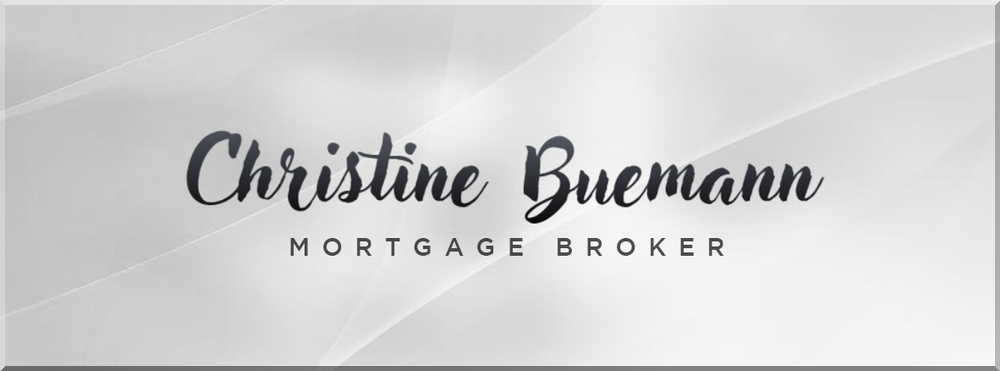Beacon scores are the score given to you by the credit collection companies, Equifax and Trans Union , and are built by grouping data into predictive characteristics in five categories. These scores are used by financial institutions and credit companies in order to determine your credit worthiness. While each credit scoring model evaluates credit file information differently, the following factors are commonly considered: Payment history (approximately 35% of your score is based on this category) Payment information on accounts such as credit cards, credit lines; retail department store accounts; installment loans, auto and student loans; finance company accounts, home equity and mortgage loans Public record and collection items such as bankruptcies, foreclosures, wage attachments, liens, judgments, and delinquencies reported to collection agencies Details on late or missed payments, public record items, and collection items (particularly how late the payments were, how much w
